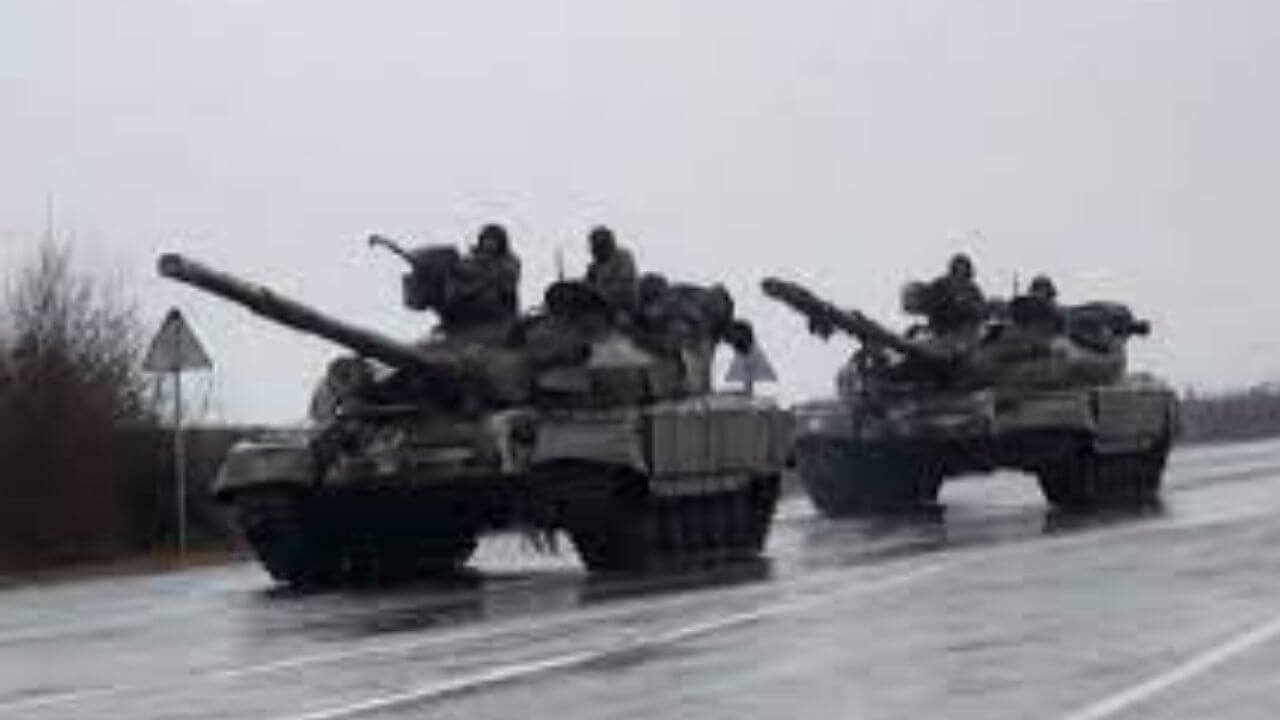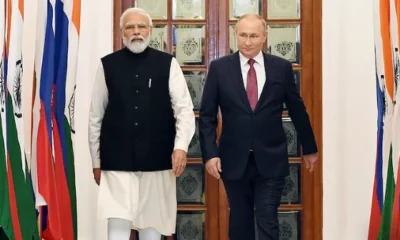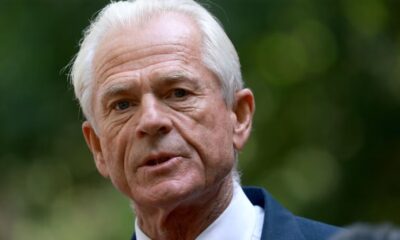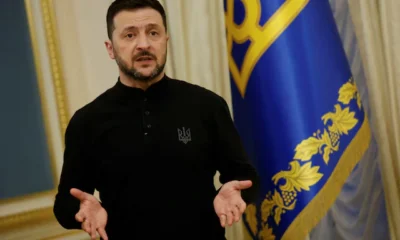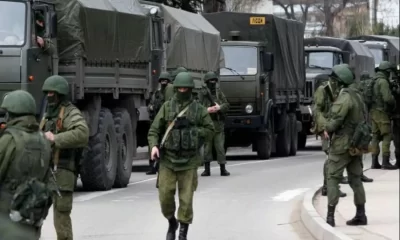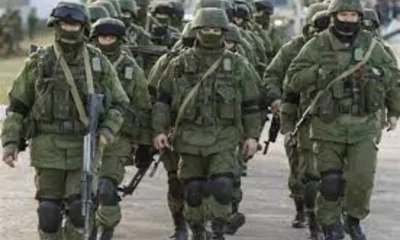The relationship between Russia and Ukraine has intensified. With Russia declaring war, the Ukraine government has imposed a nationwide state of emergency amid fears of a Russian invasion. However, this is not the first time when Russia is entering into a war.
Russian troops have been taken part in a large number of wars and armed clashes in various parts of the world. Starting from princely squads to external wars, foreign intervention in domestic conflicts, anti-colonial uprisings of the peoples conquered during the Russian expansion, princely feuds, peasant uprisings, to the world wars of the 20th century, and today.
Here’s the time when Russia entered into major wars.
- Anglo-Russian war
The Anglo-Russia war was held between 1807 to 1812 between Russia and Britain after the former signed the Treaty of Tilsit that ended its war with France. Hostilities between the United Kingdom and Russia were mostly limited to minor naval actions in the Baltic and Barents Seas. However, the war was declared inconclusive.
- Crimean War
The Crimean War was a military war between Russia and an alliance of France, the Ottoman Empire, the United Kingdom, and Piedmont-Sardinia that occurred from October 1853 to February 1856. The rights of the Christian minority in Palestine, which was part of the Ottoman Empire, were the immediate cause of the war.
- Russo-Japanese War
The Russo-Japanese War was fought between the Empire of Japan and the Russian Empire during 1904 and 1905 over rival imperial ambitions in Manchuria and the Korean Empire. The major theatres of military operations were the Liaodong Peninsula and Mukden in Southern Manchuria, and the seas around Korea, Japan, and the Yellow Sea. However, Russia lost the war to Japan.
- Russo-Georgian War
The Russo-Georgian War was fought between Georgia, Russia, and the self-proclaimed republics of South Ossetia and Abkhazia, which were backed by Russia. The battle began in August 2008, after a period of deteriorating relations between Russia and Georgia, both of which were erstwhile Soviet republics. The conflict took place in Transcaucasia, a key strategic region. It is considered to be the first European conflict of the twenty-first century. This war was won by Russia.
- Russia-Ukraine War
The Russo-Ukrainian War is an ongoing conflict that began in February 2014 and is mainly fought between Russia and pro-Russian troops on the one side, and Ukraine on the other. The conflict has revolved around the international recognition of Crimea and parts of the Donbas which are a part of Ukraine. Tensions between Russia and Ukraine rose to new heights during 2021 and 2022 when it became clear that Russia was considering launching a military invasion of Ukraine.
Read Also: Russia-Ukraine war: Tanks, soldiers, fighter jets, here’s the head-to-head comparison of military strengths
The conflict worsened in February 2022, and diplomatic efforts to pacify Russia failed; as a result, on February 22, 2022, Russia sent troops into separatist-controlled areas in eastern Ukraine to protect ethnic Russians from neo-Nazi forces aligned with the Ukrainian government.
